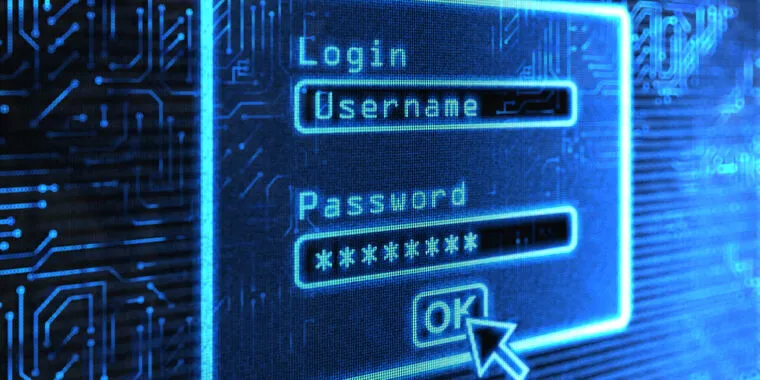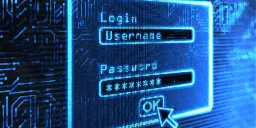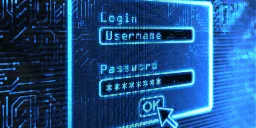NIST proposes barring some of the most nonsensical password rules
NIST proposes barring some of the most nonsensical password rules

arstechnica.com
NIST proposes barring some of the most nonsensical password rules

Here is the text of the NIST sp800-63b Digital Identity Guidelines.

